
Sign in to your ScreenRant account
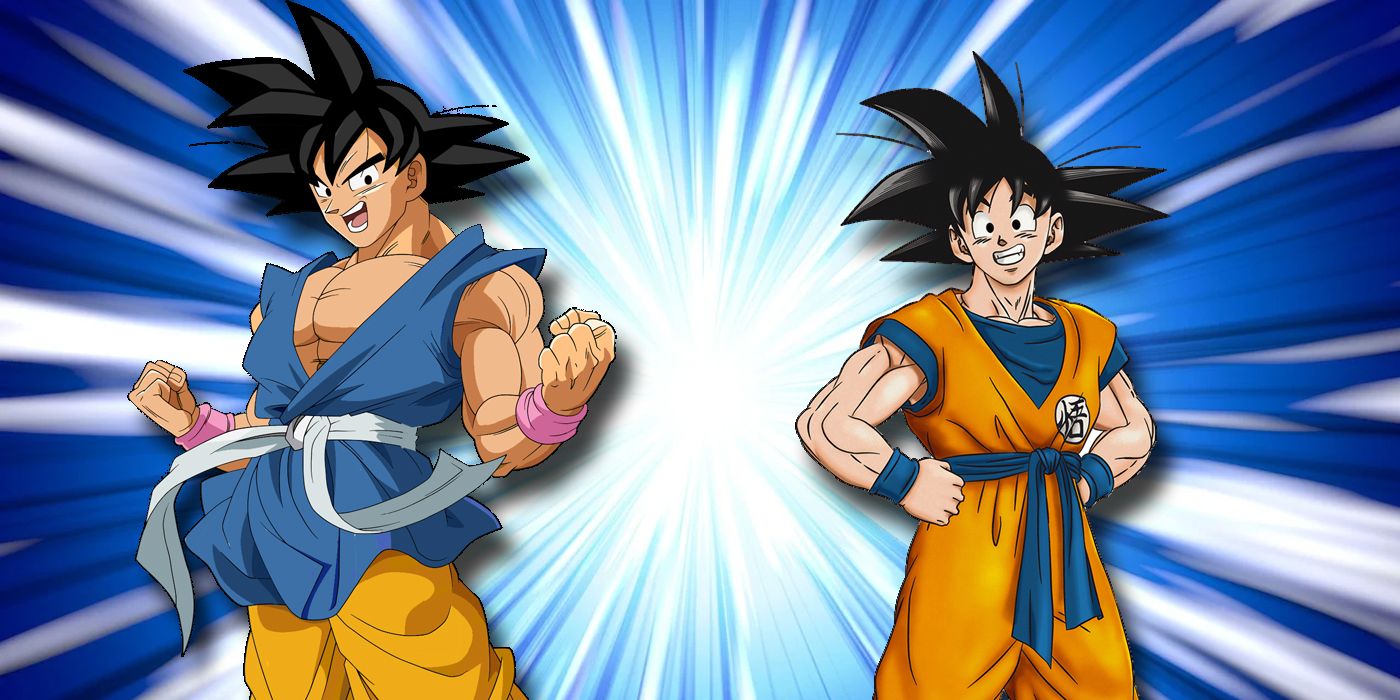
Dragon Ball GT has always been in a bit of a precarious position, as a sequel to Dragon Ball that wasn't based on Akira Toriyama's work, but that situation only became more controversial with the creation of Dragon Ball Super. While Super is ostensibly set before GT, the two series simply don't play nice together on the continuity front.
Dragon Ball Super expanded the world of Dragon Ball dramatically, adding powerful new godly characters like Beerus and Whis, revealing the existence of a multiverse, and allowing Goku and Vegeta to ascend to levels of power that nearly put them on par with these gods. From a chronological perspective, one would expect these characters and abilities to play a role in GT, but that simply isn't the case. Since things like Super Saiyan God didn't exist when GT was made, they weren't considered. This makes it look like Goku and Vegeta took a big step backwards in power, if one watches Super before GT.
Is Dragon Ball GT Canon to the Other Series?
GT's Canonicity is Hotly Debated
According to Toei Animation, Dragon Ball GT is indeed canon to the other series. However, Toei aren't the only authority on the matter. Akira Toriyama himself considered GT to be a "side story" and not a canonical continuation to his manga, although he did give approval for it to be made. Even before Super, many fans didn't consider GT to be a valid continuation for this reason, as well as a general dislike for the content of GT. After Super, however, it seems a majority of fans consider the continuity issues between the two to be irreconcilable, meaning one series has got to go.
Since Super was produced with Akira Toriyama's involvement, most fans lean towards including it as canon while excluding GT, despite the fact that GT came first. There are, of course, adherents who consider GT better than Super, although they're few and far between. Fans of GT naturally don't want to see their series booted out of canon, and will sometimes take to attacking Super for creating the continuity issues. And Toei, as the producers of the Dragon Ball anime, are reluctant to de-canonize GT, fearing anger from those fans and also just generally not wanting to give the idea that GT can or should be ignored.
On the other hand, Super has evolved in such a way that GT following it has become untenable. Characters like Pan have already started to develop in a different direction than the one GT takes them in, and that's without getting into Goku and Vegeta. And, as Super gets ever closer to the start of GT, these differences become more and more important. At a certain point, Super is going to force the issue of GT's canonicity by catching up to it.
Dragon Ball Super Has Already Offered a Solution for GT
A Multiverse Explanation Can Justify GT's Existence
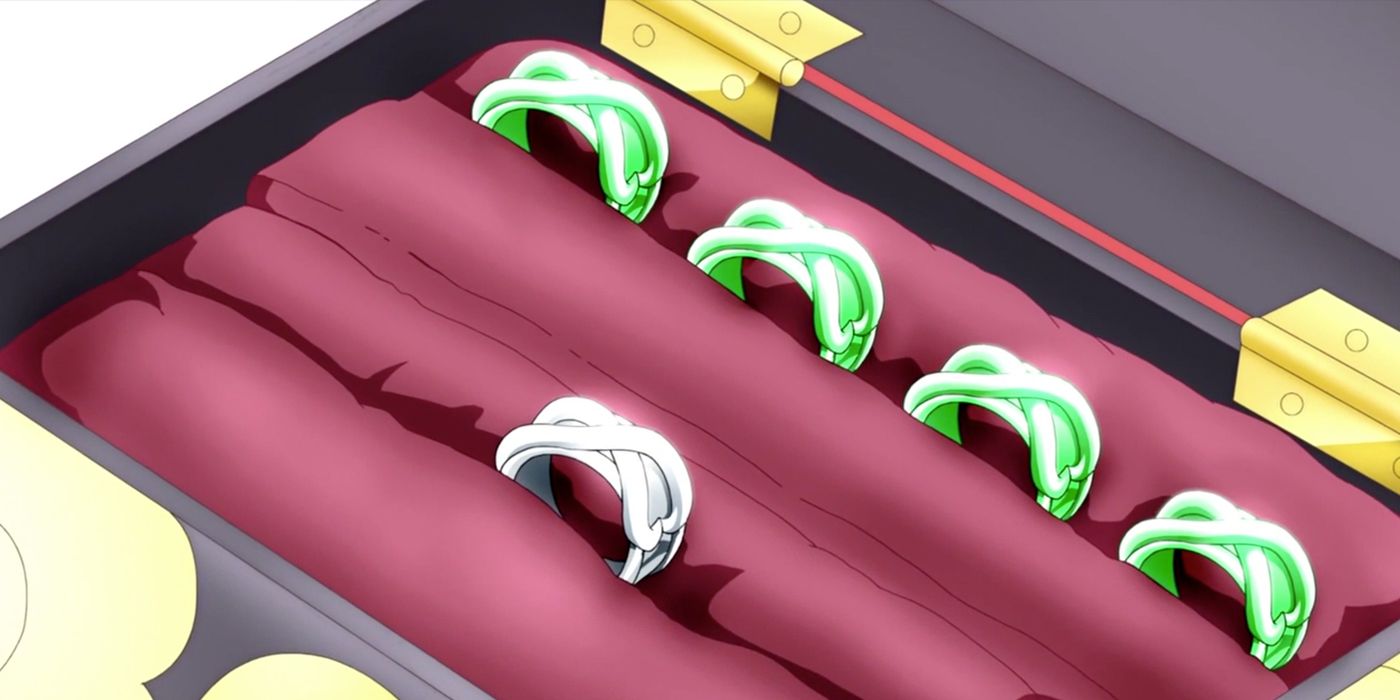
There is an option for keeping GT canon without interfering with Super, however: have the two series set in different timelines. Dragon Ball Super already established that there are multiple timelines, which can be reached using special Time Rings available to the Kai. Simply set GT in one timeline, and Super in another, and the two can coexist without either one being reduced to non-canon status. In fact, this exact solution has already been used by Dragon Ball games and the Super Dragon Ball Heroes manga and anime, where the Super Saiyan 4 versions of Goku and Vegeta are considered "Xeno" versions.
This automatically eliminates all continuity issues between the two series, as one no longer needs to lead into the other. Making GT an alternate universe to Super even means that concepts from GT, like Super Saiyan 4, can still be used in the Super timeline, as they must logically still exist, but doesn't bring the continuity baggage of GT and its character development with it. It wouldn't necessarily make GT inferior in any way; it's just a different timeline, both equally valid futures for Dragon Ball Z.
Dragon Ball GT's Continuity Issues May Never Be Properly Addressed
The Issues with Dragon Ball GT May Go On for Quite Some Time
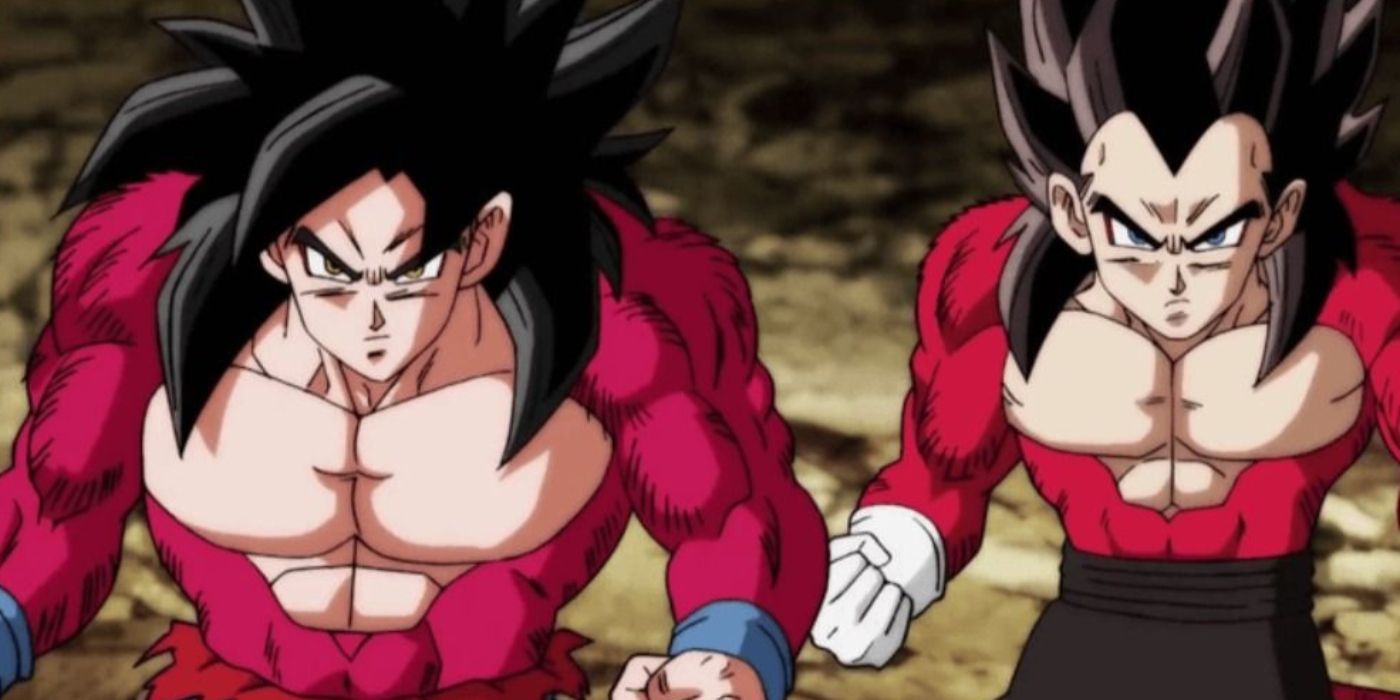
Making Super and GT mutually exclusive sequels by putting GT in an alternate universe may solve the problem cleanly, but there are still reasons why Toei might hesitate to do this. Putting GT in an alternate timeline makes it seem as if the events of GT don't matter, much like de-canonizing it would. It's hard to fight the idea that an alternate timeline is somehow secondary, and the GT timeline would inherently become secondary due to new material being added to Super's timeline constantly.
Adding alternate timelines also risks bringing confusion into the fanbase. While the idea of the two series being set in different continuities is simple enough, that's an unusual thing for a series to do, and many newer or less involved fans may not understand how this is supposed to work. Essentially, the only way to learn GT is a separate continuity from Super would be to have someone tell them, as there wouldn't be anything in the text to support this idea. This kind of confusion risks newer fans getting confused and tuning out, which is absolutely not something that Toei wants.
As such, it seems like the most advantageous situation for Toei is the one that we're in now: pretend GT is still canon and don't acknowledge the various ways in which it can't possibly be. That's unfortunate for fans, as ignoring the continuity issues won't make them go away. For that reason, it's unlikely that Toei will be clearing up the GT continuity situation any time soon, although as noted above, new Super movies that creep ever closer to GT's start may eventually force the issue.
Dragon Ball GT poses a real problem for Dragon Ball fans, but this problem is unlikely to be resolved in an official capacity, despite the existence of solutions that could easily please all groups involved.
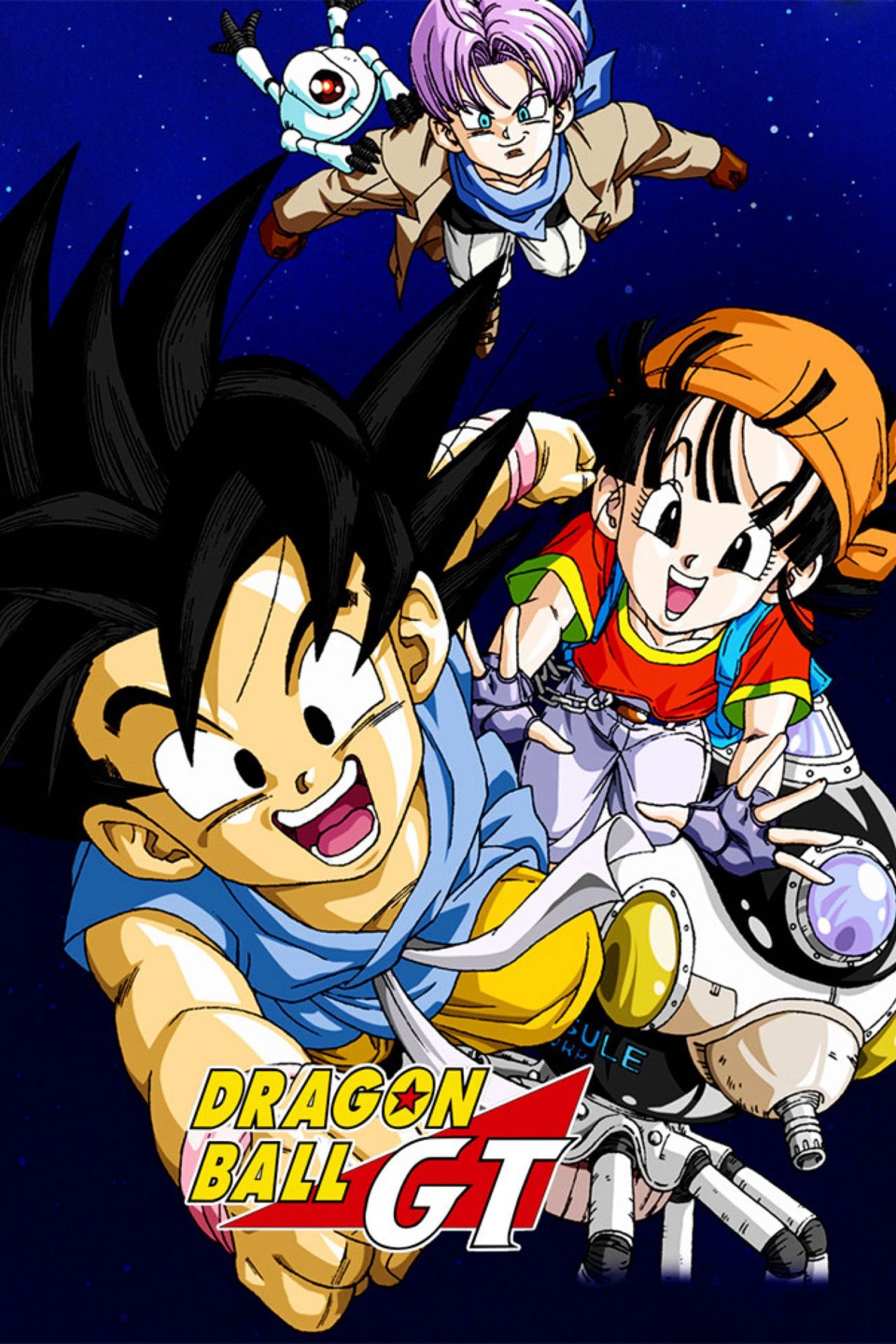
Your changes have been saved
Dragon Ball GT is the third series in Akira Toriyama's most famous anime franchise. However, it is the first one not to adapt a manga storyline. Set after the events of the Buu Saga, Dragon Ball GT sees Goku and the Z-Warriors battle powerful villains such as Baby, Super 17, and the Shadow Dragons. 18 years after the 64-episode show was met with a lukewarm reception, Dragon Ball Super replaced it in the anime's official continuity.
Release Date March 26, 1997
Finale Year November 30, 1996
Network Fuji TV
Cast Masako Nozawa , Yûko Minaguchi
Character(s) Oob (voice) , Uncredited , Blake Smoke Dragon/Enma-Daiō/Gyūmaō/Mr. Satan/Umigame (voice) , Son Gohan / Son Goku / Son Goten (voice) , Kuririn (voice) , Vegeta (voice) , Lady in Movie , Pan / Videl (voice) , Trunks (voice) , Son Para / Sūgorō (voice) , Piccolo (voice) , Android 18 (voice) , Bulma / Bra (voice) , King / Narrator / North Kaiō (voice) , Lady in Film (voice)
Producers Kōzō Morishita
Seasons 1
Writers Akira Toriyama
Directors Minoru Okazaki , Mitsuo Hashimoto , Yoshihiro Ueda , Takahiro Imamura , Hidehiko Kadota , Osamu Kasai , Hiroyuki Kakudou , Shigeyasu Yamauchi
Showrunner Akira Toriyama

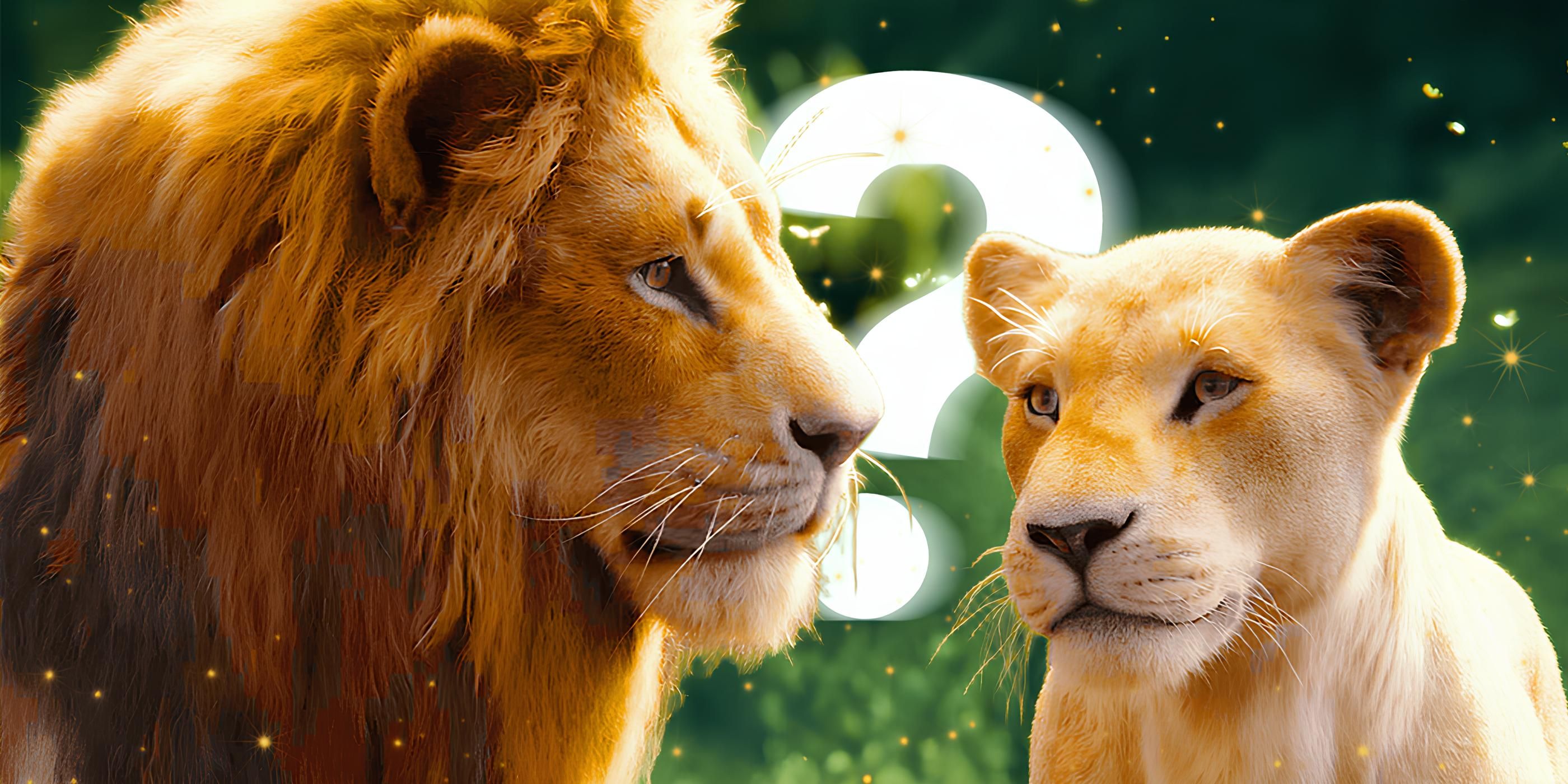
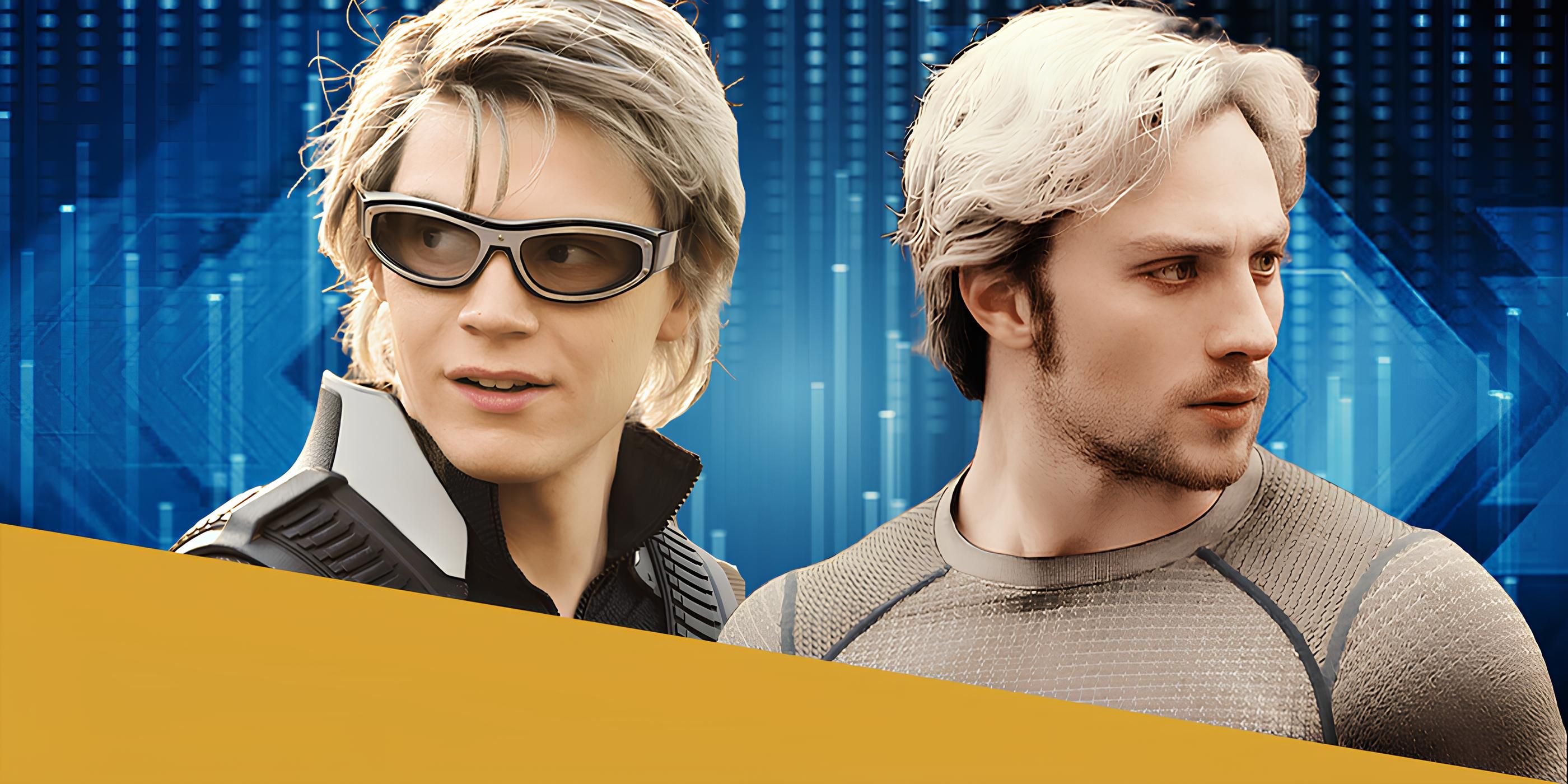
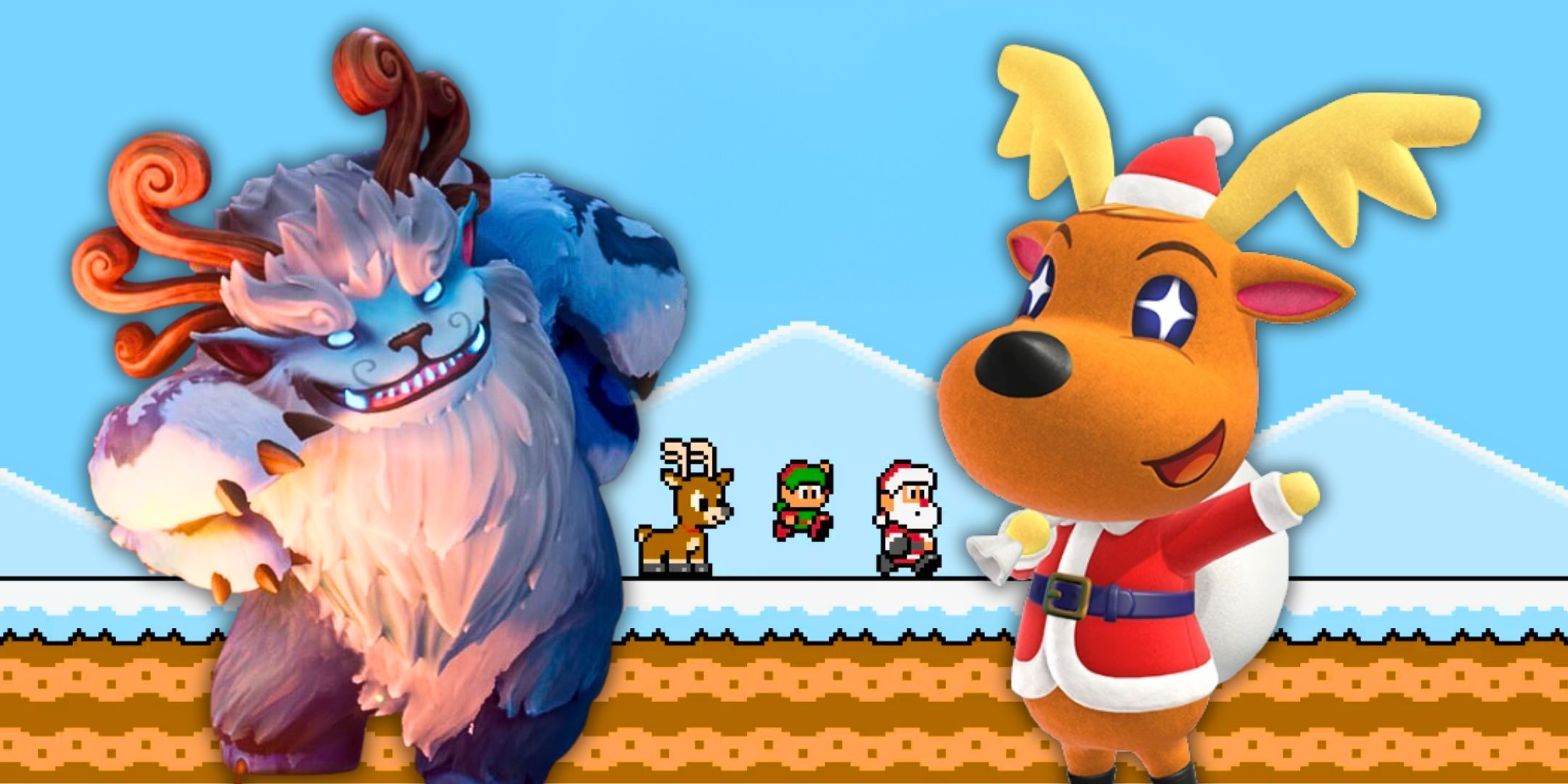





 English (US) ·
English (US) ·